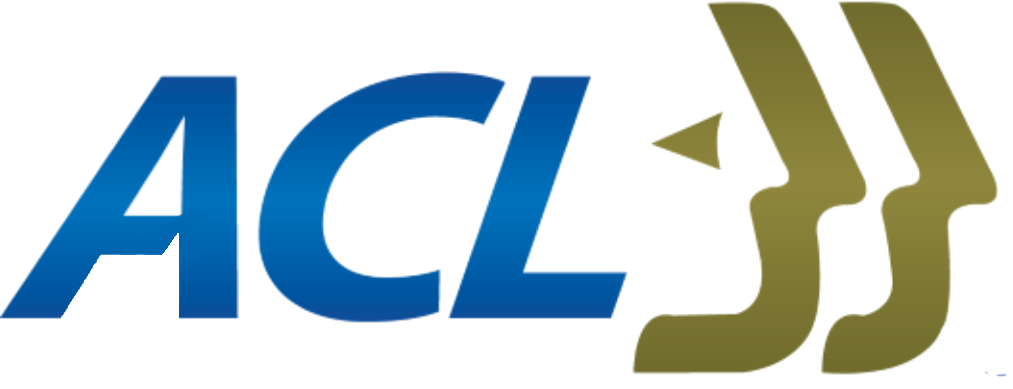To wrap up Sexual Assault Awareness Month (SAAM), we are reposting a blog from Elevatus Training, “leaders in sexuality and developmental disability.” Our team recently purchased a sexual education curriculum from this organization, and we are impressed with how it is disability-aware AND trauma-informed! The ACL is committed to connecting people with intellectual and developmental disabilities to accessible sexual education to help reduce the risk of abuse and increase the chance of healthy, meaningful relationships. If you are talking with your child, teen, or adult about relationships and sexuality, Elevatus has some tips!
12 Power Tips to Build Skills and Confidence When Talking About Sexuality
As we prepare to turn our calendars from April to May, we wanted to wrap-up Sexual Assault Awareness Month (SAAM) by sharing "12 Power Tips to Build Skills and Confidence When Talking About Sexuality."
Be open, non-judgmental, and kind when you are answering questions or bringing up the topic. Remember, it can take a lot of courage to ask a question.
Start early and keep talking, even when it’s uncomfortable. The more you practice, the easier it gets.
Use teachable moments. You can start a conversation naturally while you’re watching television or people are interacting, reading a book or listening to music together.
Use multiple teaching techniques: present information through pictures, books, videos, or social learning, including role-play or ask, “What would you do if...?”
Use correct terms that prepare people to talk about their body and experiences: knowing the real names for their body parts makes it easier to communicate about them.
Give positive messages. Being positive and non-judgmental helps people develop personal values, self-esteem, effective communication, and good decision-making skills.
Keep it simple; provide simple, direct explanations, using words they can understand. Long explanations can be unnecessary, or more confusing.
You don’t have to know all the answers. We put a lot of pressure on ourselves to know everything about sexuality. It is okay to say, “I don’t know, but will find out for you.”
Be approachable, make it clear that they can ask you anything, as well as seek help to find the answer together.
It’s OK to feel embarrassed. If you feel embarrassed say, “I feel a little embarrassed about your question. Your question is a really good question.” Make sure your embarrassment doesn’t give the impression they did something wrong by asking the question.
OK to answer later. If you don’t know how to answer the question it’s okay to say, “great question, but I need some time to figure out how to answer that question. I will get back to you soon.”
Give facts and a range of opinions. Stick to facts. When you just give the facts you aren’t imposing your values. You can also add a range of opinions to your answer. You could say, “some people think this and others think this, what do you think?”.
Even though SAAM is coming to a close, we encourage you to continue to raise awareness and educate the people you care about, work with, or live with about sexual assault. Sexuality education is the first line of defense for all individuals, and we remain committed to empowering you with the tools and skills you need to do this. Please continue to utilize our Sexual Assault Awareness Toolkit to support people with developmental disabilities filled with helpful articles and resources.

